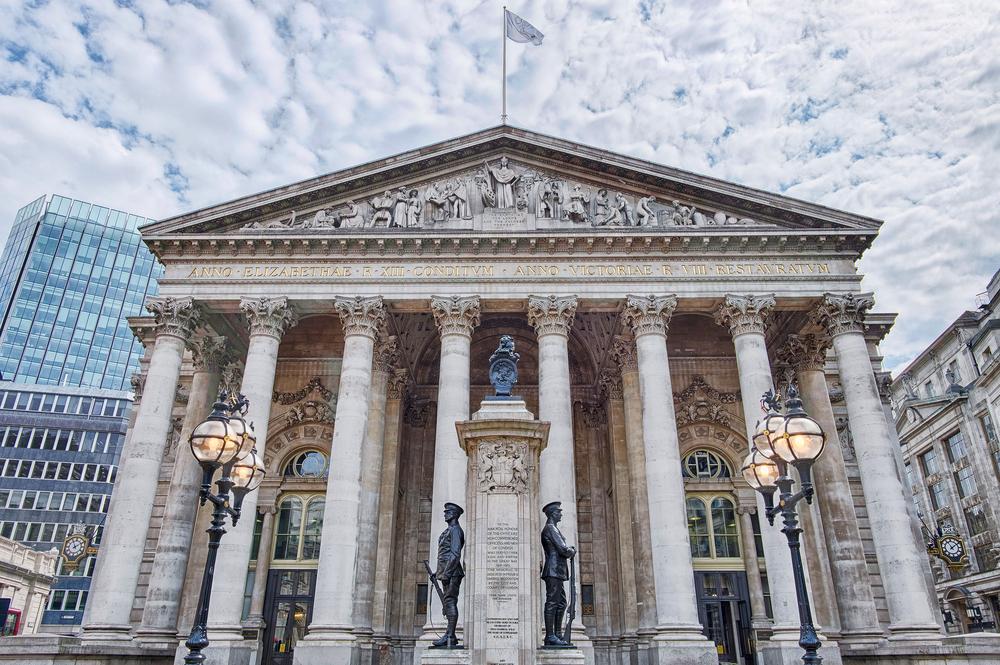UK inflation rose 0.5% last month following the end of the Eat Out to Help Out scheme.
New data from the ONS consumer price index (CPI) showed inflation to increase from 0.2% in August to 0.5% in September.
The rise of restaurant meals and transport helped to push up the level of inflation. The ONS explained:
“Transport costs, and restaurant and café prices, following the end of the Eat Out to Help Out scheme, made the largest upward contributions (of 0.23 and 0.21 percentage points, respectively) to the change in the CPIH 12-month inflation rate between August and September 2020.
“This was partially offset by smaller downward contributions from furniture, household equipment and maintenance; games, toys and hobbies; and food and non-alcoholic beverages.”
The Eat Out to Help Out scheme ran through the month of August and over 100m meals were bought.
Jonathan Athow, the deputy national statistician for economic statistics at the ONS, said airfares usually have a much higher impact on inflation at this time of year.
“Airfares would normally fall substantially at this time due to the end of the school holidays, but with prices subdued this year, as fewer people have been traveling abroad, the price drop has been less significant,” he said.
Despite the increase, inflation remains to be well below the 2% target set by the Bank of England.
According to Paul Dales, chief UK economist at Capital Economics, the central bank is likely to introduce new measures to boost the economy next month.
“With CPI inflation just 0.5% in September, it’s hard to think of reasons why the Bank of England won’t launch another £100bn or so of QE at the November meeting. And despite public borrowing still jumping, the government may yet spend more,” said Dales.

